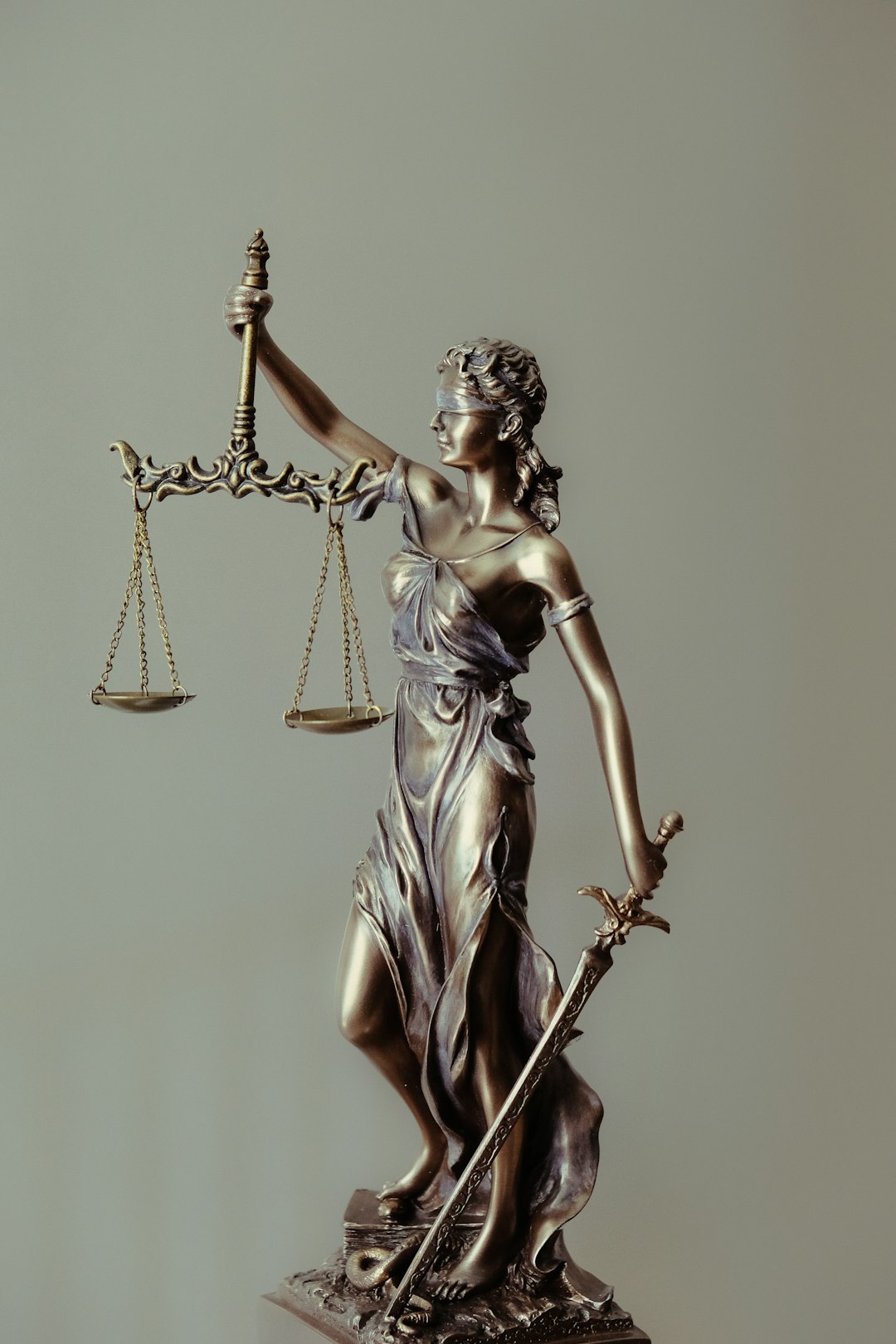Rape law firms in Kansas City MO rely on character witnesses—friends, family, or acquaintances—to provide testimony about the accused's reputation and behavior, offering an alternative narrative that can contradict prosecution allegations. These witnesses are crucial for ensuring fairness and accurately depicting the defendant's true character, particularly under Missouri rape laws. By strategically selecting and preparing these witnesses, lawyers can leverage their testimony to challenge prosecution narratives, demonstrate consistent behavior, and mitigate potential biases, ultimately fostering empathy among jurors.
In rape defense cases, character witnesses play a pivotal role in Kansas City, MO. These individuals can provide crucial insights into the accuser’s past behavior and character, potentially altering the narrative and outcome of trials. Understanding how character evidence is navigated within Missouri’s legal framework is essential for rapes law firms seeking to mount a robust defense. This article explores these dynamics, offering strategies for effective character witness testimony.
Understanding Character Witnesses: Their Role in Rape Defense
In rape defense cases, character witnesses play a pivotal role in shaping the narrative and influencing the outcome. These individuals are often friends, family members, or acquaintances who can vouch for the accuser’s (or defendant’s) general character and reputation in the community. Their testimony can provide crucial context about the person’s behavior, morals, and integrity, which may contradict or support the allegations presented by the prosecution.
Character witnesses help establish a defense strategy by humanizing the accused and offering an alternative perspective. They can testify to the accuser’s consistent behavior, good standing in their community, and lack of a history that would suggest the alleged actions. This is particularly relevant in rape cases, where bias, false accusations, or memory lapses might be factors, as character witnesses from various social circles can help ensure fairness and accurately portray the person’s true nature. Kansas City MO rape law firms often emphasize this aspect when building a robust defense strategy for their clients.
The Legal Framework: How Character Evidence is Used in Kansas City Rape Cases
In Kansas City, as in many jurisdictions across the United States, rape defense cases are complex and heavily influenced by legal precedents. Character evidence plays a significant role in these trials, offering insights into the accuser’s behavior and motivations. The focus here is not on the specifics of the alleged crime but on the general reputation and conduct of the victim before and after the incident. This is where character witnesses come into play.
Rape law firms in Kansas City MO often employ character witnesses to challenge the narratives presented by prosecution witnesses. These witnesses can include friends, family members, or acquaintances who can vouch for the accuser’s (or accused’s) character. Such testimony aims to show that the victim’s behavior aligns with their character—a move designed to mitigate potential biases or ulterior motives that might influence their testimony. This strategic use of character evidence underscores the importance of a thorough understanding of Kansas City’s rape laws and procedures in building a robust defense.
Strategies for Effective Character Witness Testimony in Missouri Rape Law Firms
When presenting character witness testimony in Missouri rape cases, Kansas City-based law firms should employ strategic tactics to ensure its effectiveness. These witnesses can offer crucial insights into the accuser’s or defendant’s character, providing context that may challenge or support allegations of sexual assault.
Lawyers should carefully select individuals who know the person intimately and can speak authoritatively about their character traits. Preparing these witnesses involves sharing relevant details about the case and guiding them on how to articulate their knowledge clearly and compellingly. During the actual testimony, it’s essential to highlight specific behaviors or instances that demonstrate the person’s integrity, honesty, or any other positive attributes that contradict the charges of rape. This strategy aims to humanize the individual, fostering empathy among jurors while providing a balanced perspective in rape defense cases.




